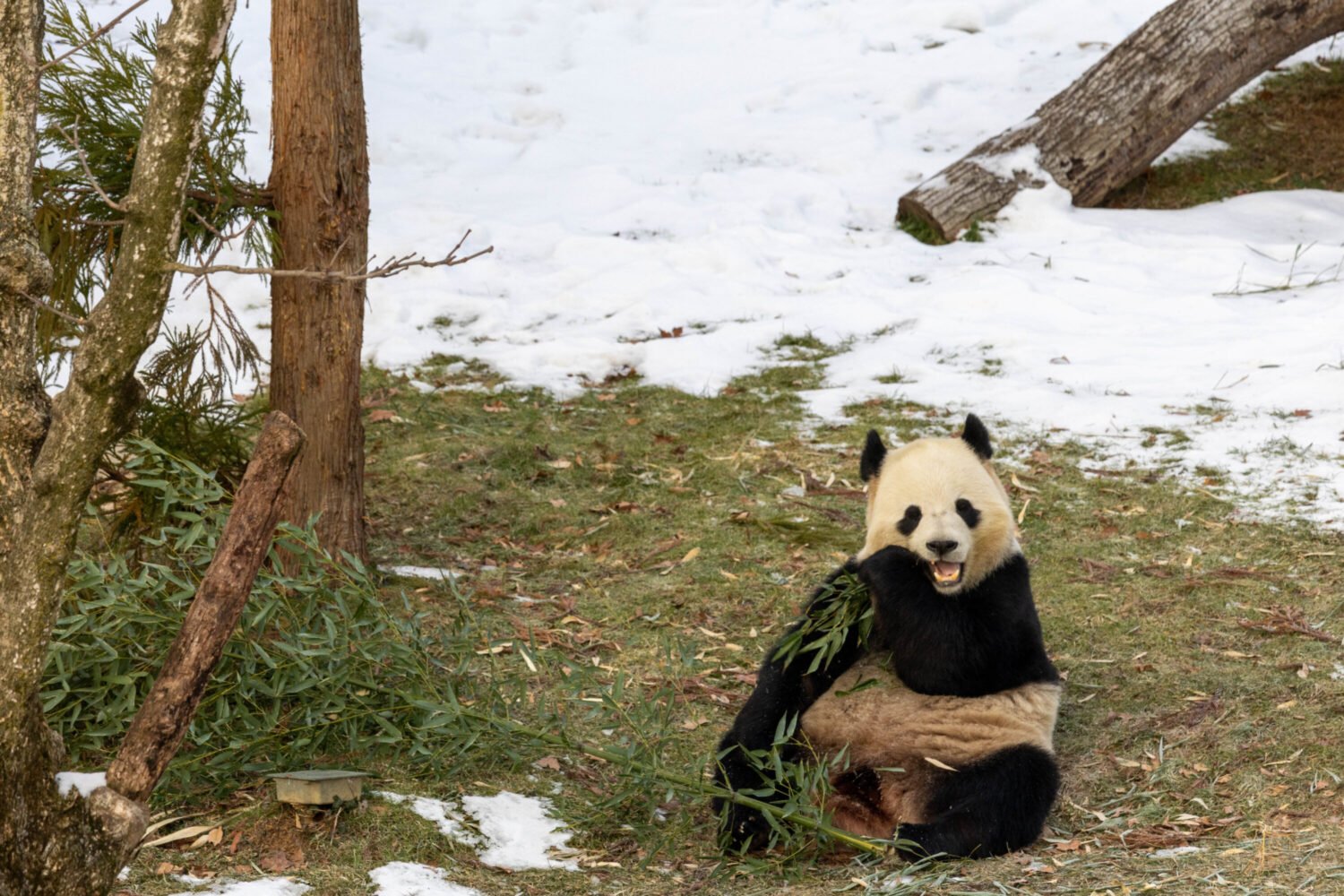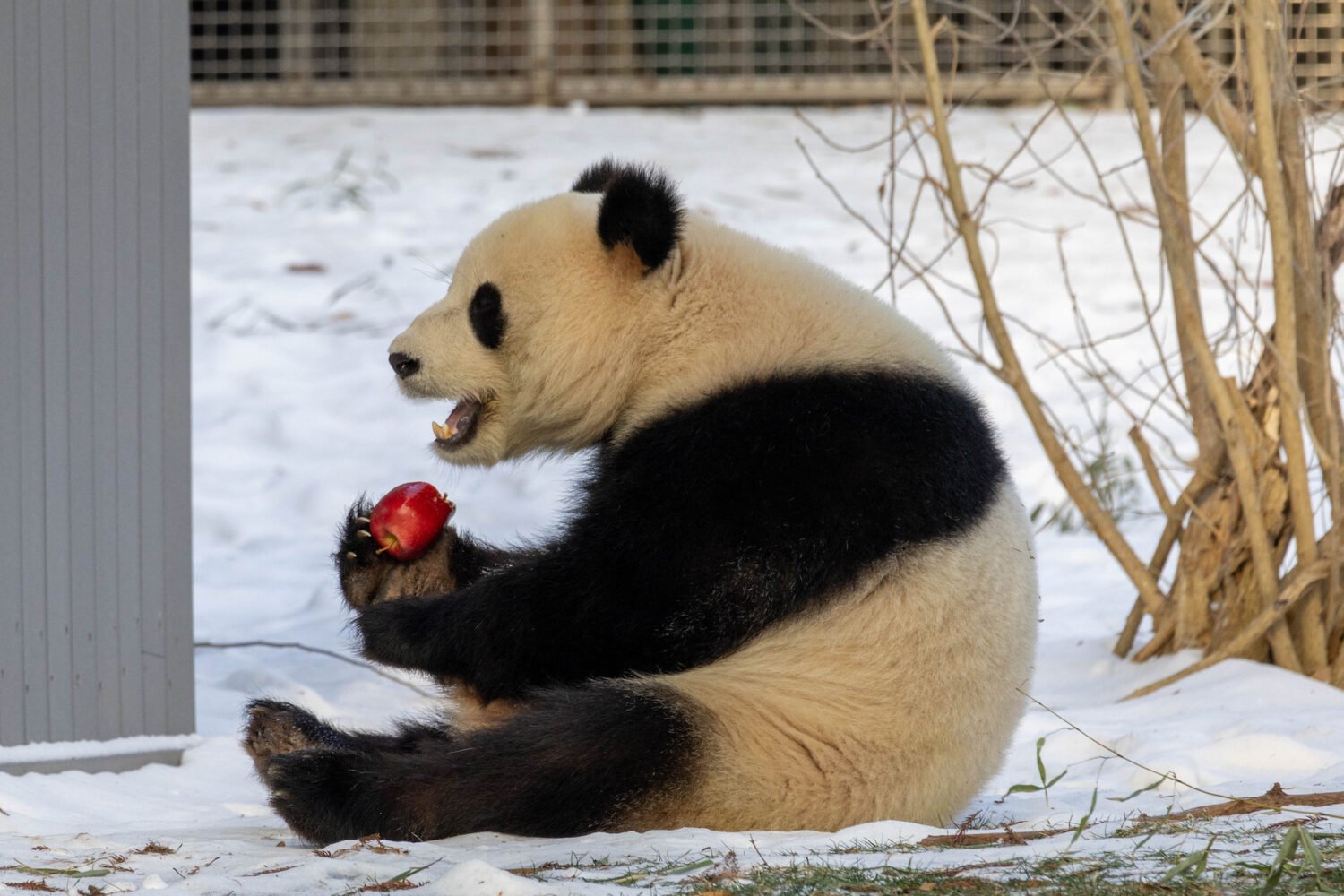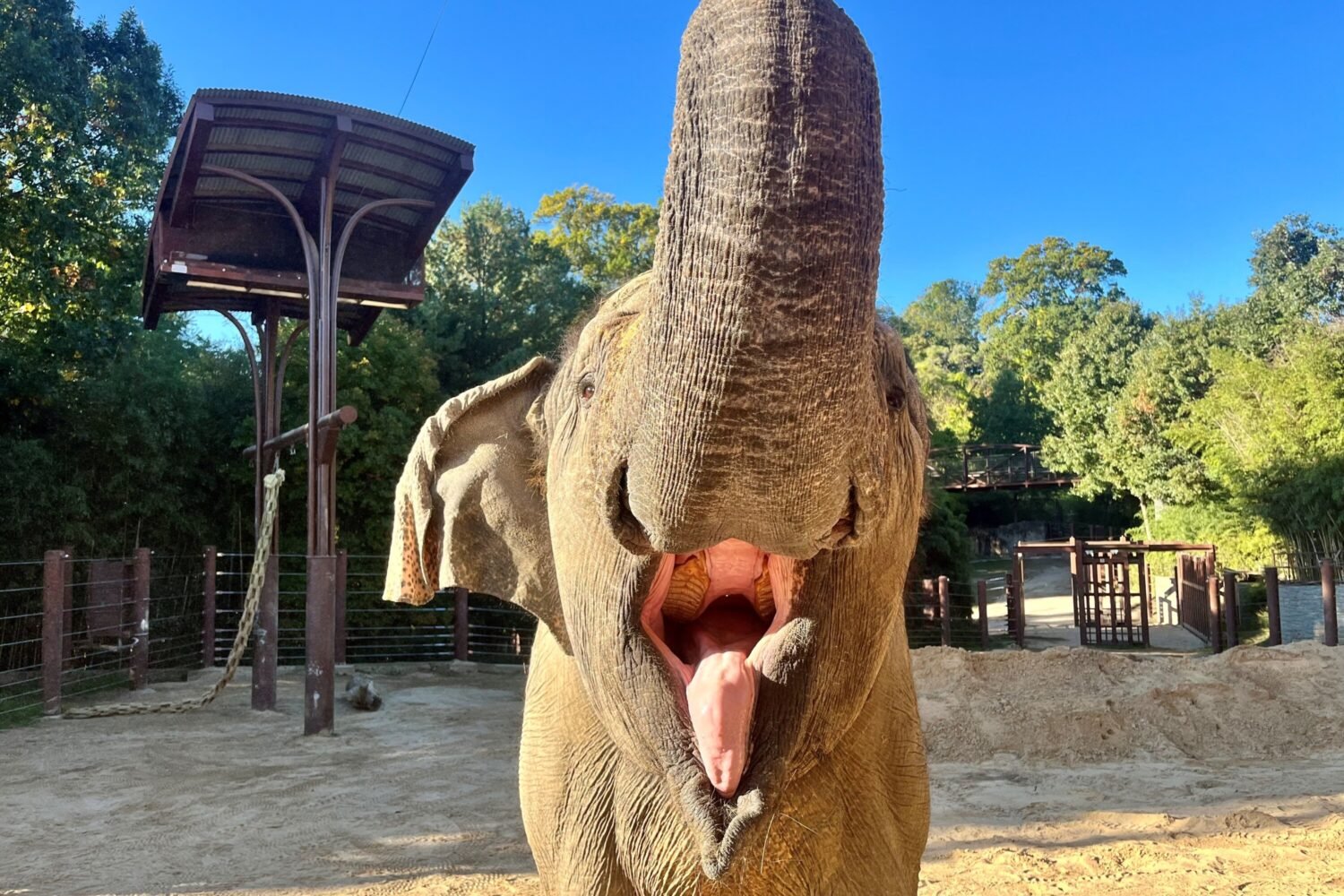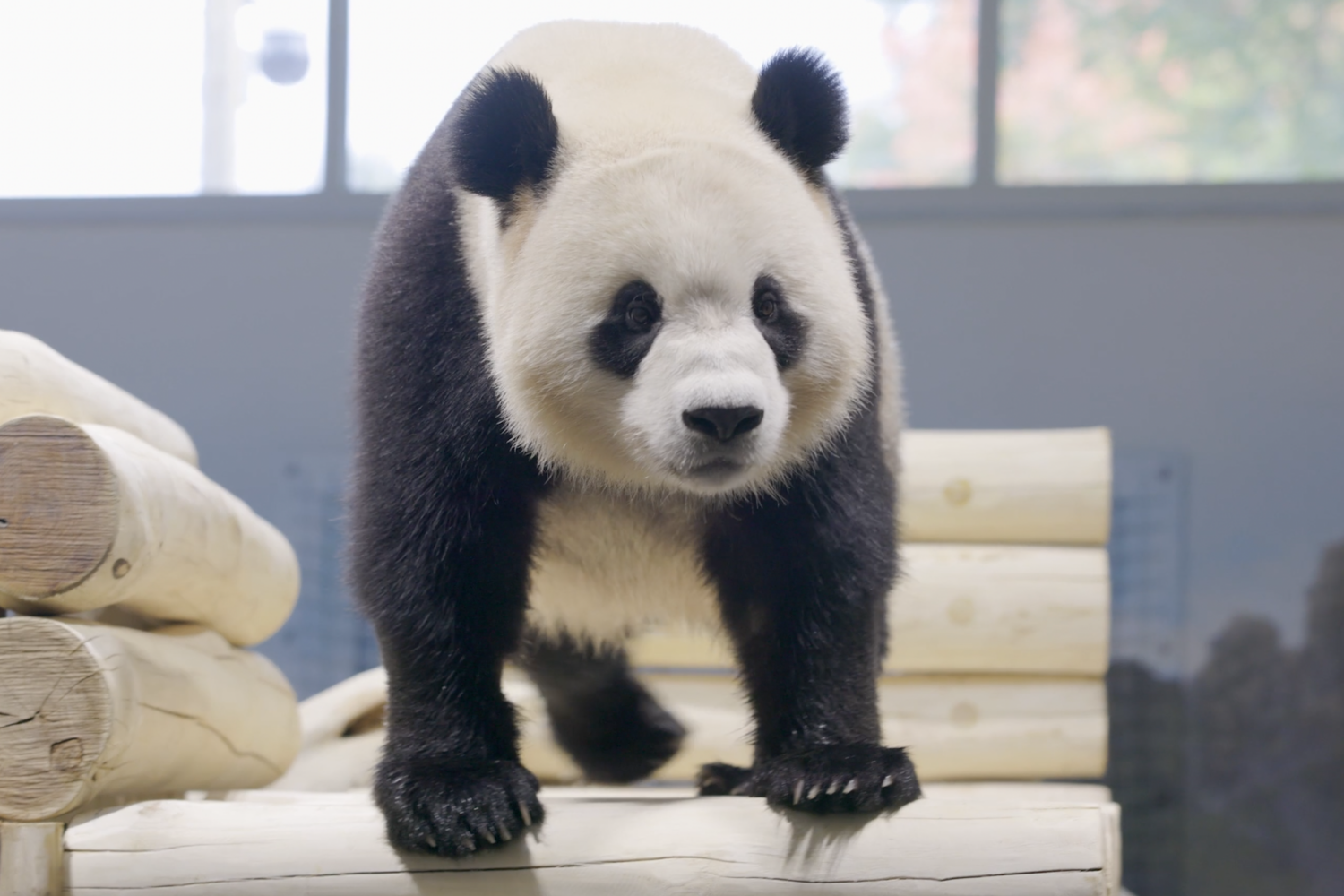All nine lions and tigers in the Smithsonian National Zoo’s Great Cats exhibit have tested positive for coronavirus, the Zoo announced on Friday. The outbreak has impacted six African lions, two Amur tigers, and the zoo’s only Sumatran tiger.
The animals began to display symptoms last weekend, developing coughs, sluggishness, and diminished appetites. In response, keepers conducted tests on fecal samples that returned as “presumptive positive,” meaning the zoo is still awaiting additional confirmation that the animals do in fact have the virus. (These instances are still treated as positive cases). Final results will arrive within the next week, but the animals have already started an antibiotic regimen.
The source of transmission remains unknown. Given the distance between humans and the enclosures, the Zoo notes that humans should not be concerned about getting Covid from the lions and tigers.
The cases at the National Zoo are not an isolated instance of zoo cats contracting coronavirus. Early in the pandemic, the Bronx Zoo experienced an outbreak among its big cats, and in July, a snow leopard tested positive for the virus at the San Diego Zoo.
While vaccines have been widely available for humans since the spring, progress has been slower for our animal counterparts. Following authorization from the US Department of Agriculture, veterinary pharmaceutical company Zoetis has committed to donating 11,000 doses of its experimental vaccine to zoos and animal conservatories around the country. Inoculation is expected to begin at sites like the National Zoo and the Smithsonian Conservation Biology Institute in the fall.



















